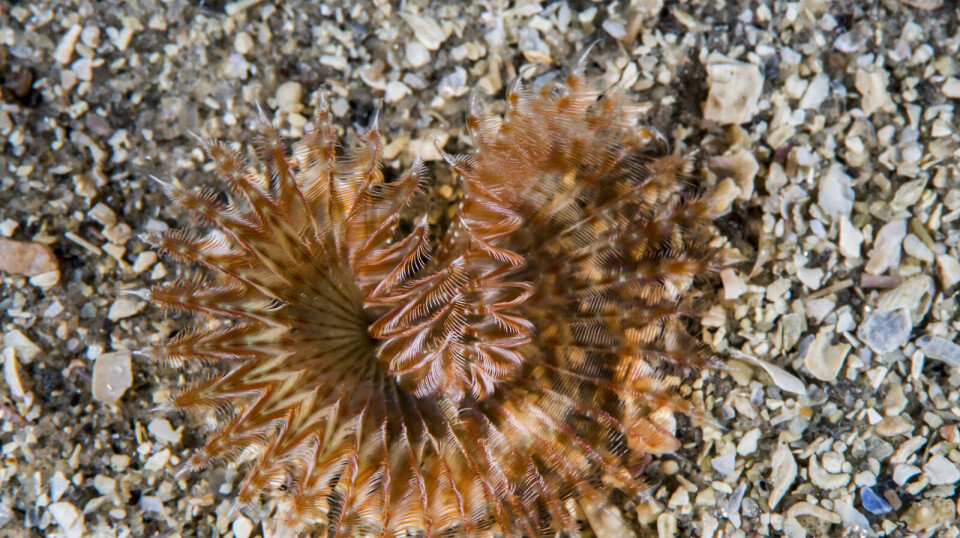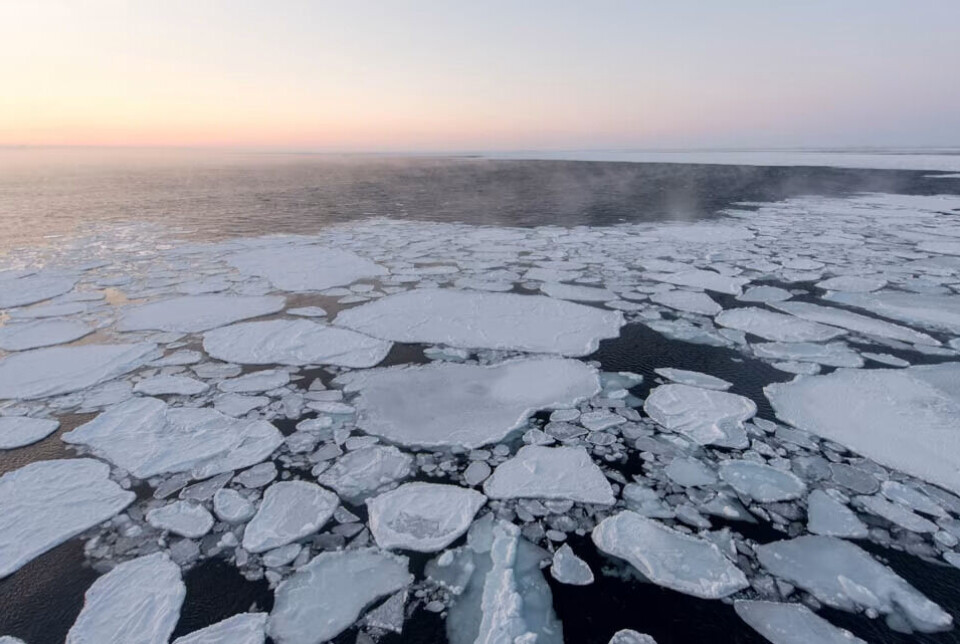THIS CONTENT IS BROUGHT TO YOU BY akvaplan -niva - READ MORE

Even the coldest of Svalbard fjords show effects of climate change
Rijpfjorden, on Nordaustlandet, Svalbard, has long been an example of a pristine Arctic fjord that, unlike fjords on Svalbard's west coast, has not been affected by climate warming.
Rijpfjorden is a fjord at the northern side of Nordaustlandet, the second-largest island in Svalbard. It has long been an example of a pristine Arctic fjord that, unlike fjords on Svalbard's west coast, has not been affected by climate warming.
A recent study led by PhD student Èric Jordà-Molina from Nord University suggests that warming impacts are being felt even in the far north of Svalbard.
Results indicate that marine heatwaves are at least partially responsible for periodic mortality events in seafloor communities. Marine heatwaves are extreme temperature anomalies existing for at least 5 days in a row, and have recently been detected in the Barents Sea region.
Some regions of the fjord recovered within several years, but other areas changed due to colonisation by previously rare taxa. This refers to organisms or species that are not commonly found or have low abundance within a specific area or habitat.
"The inner Rijpfjord region acted as a refuge for species native to the Arctic, but to what extent that can continue is unknown," Henning Reiss says. He is a professor at Nord University, co-author of this study and was Jordà-Molina's supervisor.
Marine heatwaves may lead to reduced resilience
Marine heatwaves are projected to become more frequent in the Arctic over the next decades, and such disturbances may ultimately reduce community resilience, even in this remote Arctic fjord. Reduced resilience can lead to permanent changes in the structure of marine communities and the functions those communities perform.
"Our findings have far-reaching significance for predicting impacts of climate change on Arctic coastal ecosystems. Comparison with other regions such as the Fram Strait teach us that an increase in the frequency and duration of marine heatwaves will change these communities such that species more characteristic of warmer regions like western Norway or the North Sea may dominate future coastal Arctic ecosystems," Reiss says.
A recent study revealed Barents Sea fish communities also experience large-scale impacts of marine heatwaves, adding evidence that extreme climatic events could have ecosystem-wide implications.

The faunal data used in the paper is a unique, long-term data set started by Akvaplan-niva researchers Michael Carroll and Will Ambrose when they visited the fjord in 2003.
Periodic sampling has taken place since then, and fauna from most of the time series were analysed by a team of highly skilled taxonomists.
Detection of marine heatwaves was possible due to a marine observatory that has been maintained in the fjord by UiT the Arctic University of Norway, the University Centre in Svalbard, and the Scottish Association for Marine Science, collecting nearly continuous water-column data since 2006.
"This is another example of how important time-series data are in climate-change studies. Their value is only appreciated many years later, and therefore, relies on a commitment of resources without knowing what answers the data will reveal," Paul Renaud says. He is a research manager at Akvaplan-Niva and co-author of the paper.
References:
Husson et al. Successive extreme climatic events lead to immediate, large-scale, and diverse responses from fish in the Arctic, Global Change Biology, vol. 28, 2022. DOI: 10.1111/gcb.16153
Jordà-Molina et al. Seafloor warm water temperature anomalies impact benthic macrofauna communities of a high-Arctic cold-water fjord, Marine Environmental Research, vol. 189, 2023. DOI: 10.1016/j.marenvres.2023.106046
Mohamed, et al. Marine Heatwaves Characteristics in the Barents Sea Based on High Resolution Satellite Data (1982–2020), Frontiers in Marine Science, vol. 9, 2022. DOI: 10.3389/fmars.2022.821646

This article/press release is paid for and presented by Akvaplan-NIVA
This content is created by Akvaplan-NIVA's communication staff, who use this platform to communicate science and share results from research with the public. Akvaplan-NIVA is one of more than 80 owners of ScienceNorway.no. Read more here.
More content from Akvaplan-NIVA:
No content































